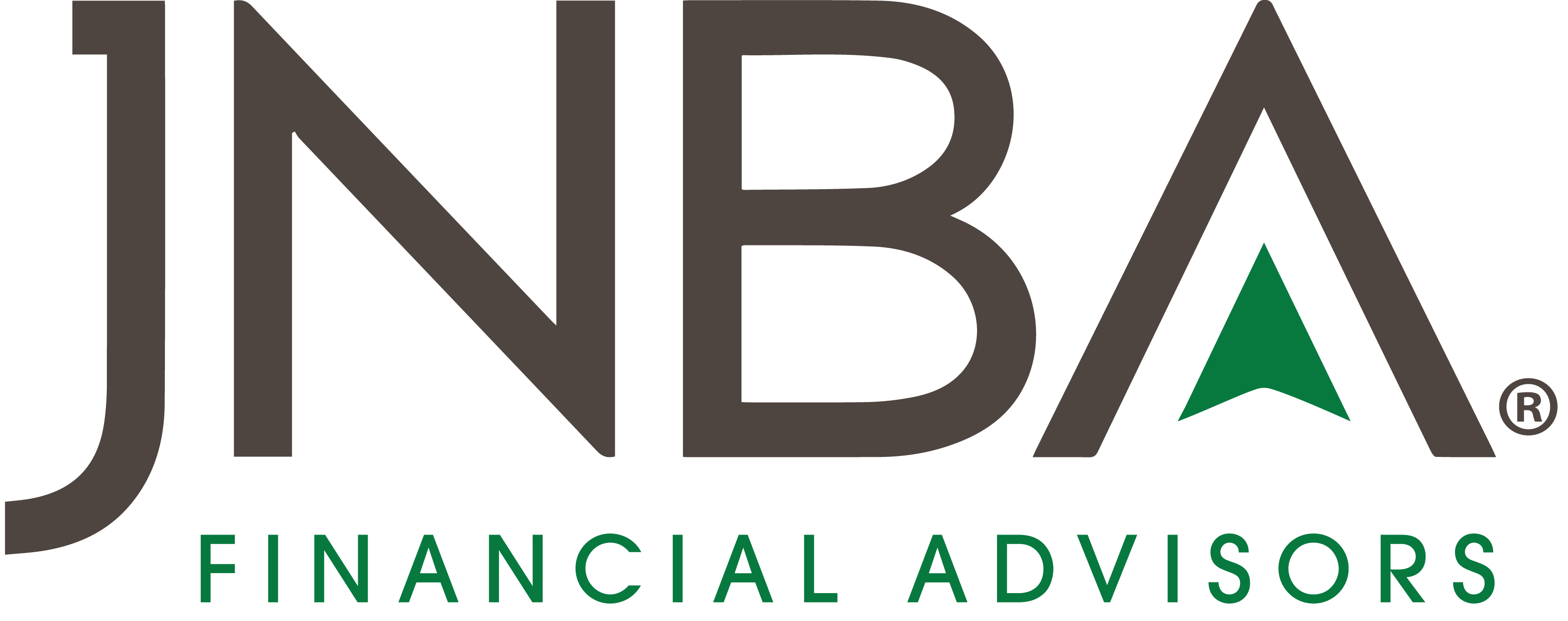When it comes to managing your wealth and financial resources, the complexity of the world today demands more than just a one-size-fits-all approach. There are a handful of people that you want in your corner. At JNBA we help connect the dots for clients to collaborate with various professionals who have unique skill sets and experience — including estate planners, tax advisors, insurance professionals, and bankers—who all play a significant role in enhancing our clients’ financial strategies. A well-structured, multi-disciplinary team can be the cornerstone of effective financial planning. But what does it look like to build this kind of team?
In addition to your financial advisory team, the following are key roles that we recommend bringing to the table:
Estate Planners:
Estate planners are crucial for preserving wealth across generations. They can structure your assets and estate plan to help minimize estate taxes and see that your wishes are fulfilled after you’re gone. An effective estate planner will work closely with your financial advisor to align your estate plan with your financial strategy.
Tax Advisors:
Tax implications can have a profound impact on your financial decisions. Tax advisors navigate the complex landscape of tax laws and can optimize your tax strategy across your lifetime. They also can help ensure that your investments and estate plans are designed to minimize your tax burden, allowing you to retain more of your wealth.
Insurance Professionals:
Insurance professionals play a vital role in risk management. They assess your needs for life, health, disability, property, and liability insurance, ensuring that you and your assets are protected. A good insurance advisor will collaborate as needed with your financial advisor to create a cohesive strategy that safeguards your wealth.
Bankers:
Bankers can offer valuable insights into financing options and cash management. Whether you need a mortgage, personal loans, or business financing, having a banker who understands your overall financial picture can lead to better terms and strategic decisions. Their collaboration with your financial advisor can help align your banking solutions with your short- and long-term goals.
Choosing the right partners to help align your financial goals is critical. The following are some things we look for and help clients identify in potential partners:
Assess Qualifications and Experience:
Look for advisors with the necessary certifications and a track record of success. Qualifications like CPA (Certified Public Accountant) for a tax professional, or JD (Juris Doctor) for estate planning are good indicators of expertise. For insurance, consider agents with designations like CLU® (Chartered Life Underwriter®) or ChFC® (Chartered Financial Consultant®). Independence is also a good indicator of the professional’s ability to explore all options and optimize solutions on your behalf.
Evaluate Communication Style:
Effective communication is key to a successful partnership. Make sure your advisors can explain complex concepts in understandable terms and are open to discussing strategies with each other.
Focus on Compatibility:
The best teams work well together. Look for advisors who are willing to collaborate with other professionals and understand the importance of an integrated approach to wealth management.
Once a team is assembled, here are some strategies to foster effective teamwork and a critical spirit of collaboration:
Regular Meetings:
Schedule regular meetings with your team of professionals to discuss your financial situation and make adjustments as necessary. This ensures everyone is on the same page and allows for proactive decision-making.
Share Information Freely:
Encourage your partners to share insights and updates that impact each other cross-functionally. For instance, your tax professional may have valuable insights that affect your investment strategy, while your insurance professional may suggest coverage adjustments based on changes in your estate plan.
Stay Engaged:
As the client, your engagement is crucial. Ask questions and be proactive in discussing your goals, concerns, and any life changes that might impact your financial plan.
Leveraging a multi-disciplinary team to ensure that all aspects of wealth management are considered is one of the most important things you can do to help maximize your resources toward achieving your long-term goals.
But you don’t have to do it alone. A qualified financial advisor who understands your values, goals and all the different financial resources available to you can be that advocate to help communicate and drive collaboration and accountability across the different disciplines helping take great strategy to the next level: implementation. So, take the time to build the right team and be an active participant in your financial journey.
If you have any questions or would like us to connect you with professionals that we often collaborate with, please contact our JNBA Advisory Team.
Due to various factors, including changing market conditions and/or applicable laws, some of the content may no longer be reflective of current opinions or positions. Moreover, you should not assume that any discussion or information contained in this blog serves as the receipt of, or as a substitute for, personalized investment advice from JNBA Financial Advisors.
Please see important disclosure information at jnba.com/disclosure





